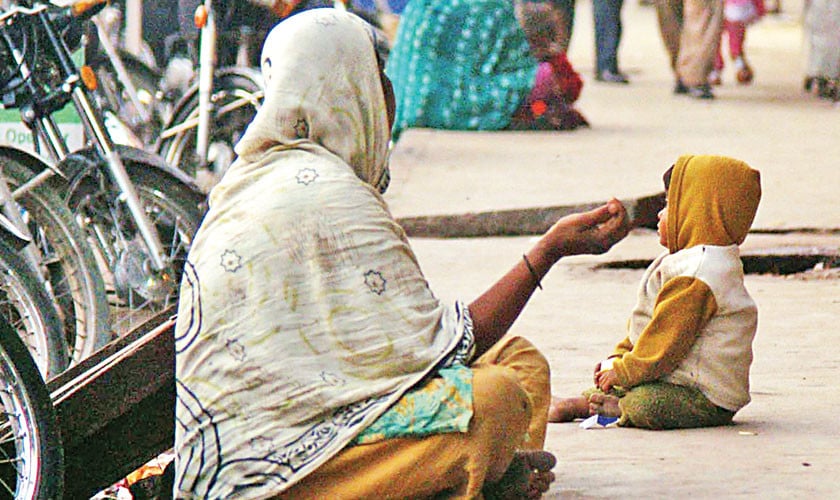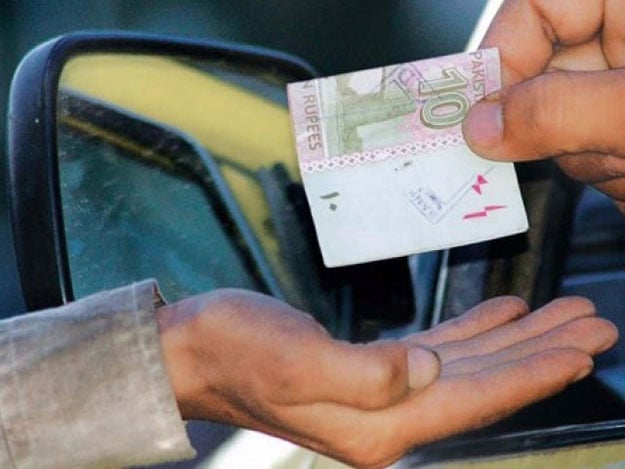Pakistani Beggars: The Resilience and Humanity of the
Beggars are a ubiquitous sight in the bustling streets of Pakistan. From bustling urban centers to remote villages, they are a constant reminder of the stark inequalities that persist in society. Yet, behind the tattered clothes and outstretched hands lies a story of resilience, survival, and the enduring human spirit.
A typical day in the life of a Pakistani beggar begins long before dawn breaks. With weary eyes and empty stomachs, they emerge from makeshift shelters or dark alleyways to stake out their spot on the streets. Some sit quietly, their eyes downcast, while others resort to more desperate measures, pleading with passersby for alms.

For many beggars, poverty and deprivation are not just temporary hardships; they are a way of life passed down through generations. Born into families trapped in a cycle of poverty, they inherit not only the burden of financial insecurity but also the stigma and prejudice that comes with begging.
Yet, despite their circumstances, Pakistani beggars exhibit a remarkable resilience and resourcefulness. They possess an innate ability to survive against all odds, finding ways to eke out a living in the face of overwhelming adversity. From selling trinkets or flowers to performing acts of music or dance, they use whatever means they can to earn a meager income and put food on the table for their families.
But perhaps what is most striking about Pakistani beggars is their humanity. Despite their own struggles, they often display a remarkable generosity and compassion towards others in need. It is not uncommon to see beggars sharing their meager earnings with fellow beggars or offering food and shelter to those even less fortunate than themselves.
In a society where wealth and status often dictate one’s worth, Pakistani beggars serve as a powerful reminder of the inherent dignity and worth of every human being. They challenge us to look beyond the surface, to see the person behind the label of “beggars,” and to recognize the common humanity that binds us all together.
Yet, for all their resilience and humanity, Pakistani beggars continue to face immense challenges and barriers to a better life. The lack of access to education, healthcare, and economic opportunities perpetuates the cycle of poverty, trapping them in a vicious cycle from which escape seems almost impossible.
As a society, we have a moral obligation to address the root causes of poverty and inequality and to create a more just and equitable society where every individual has the opportunity to thrive. This requires not only government action and policy reform but also a shift in societal attitudes and values towards greater empathy, compassion, and solidarity with those less fortunate than ourselves.
In the end, the plight of Pakistani beggars serves as a powerful reminder of the enduring human spirit in the face of adversity. They may be marginalized and overlooked by society, but their resilience, humanity, and unwavering determination to survive are a testament to the indomitable nature of the human spirit. And it is in recognizing and honoring their humanity that we take a small step towards building a more compassionate and just world for all.


